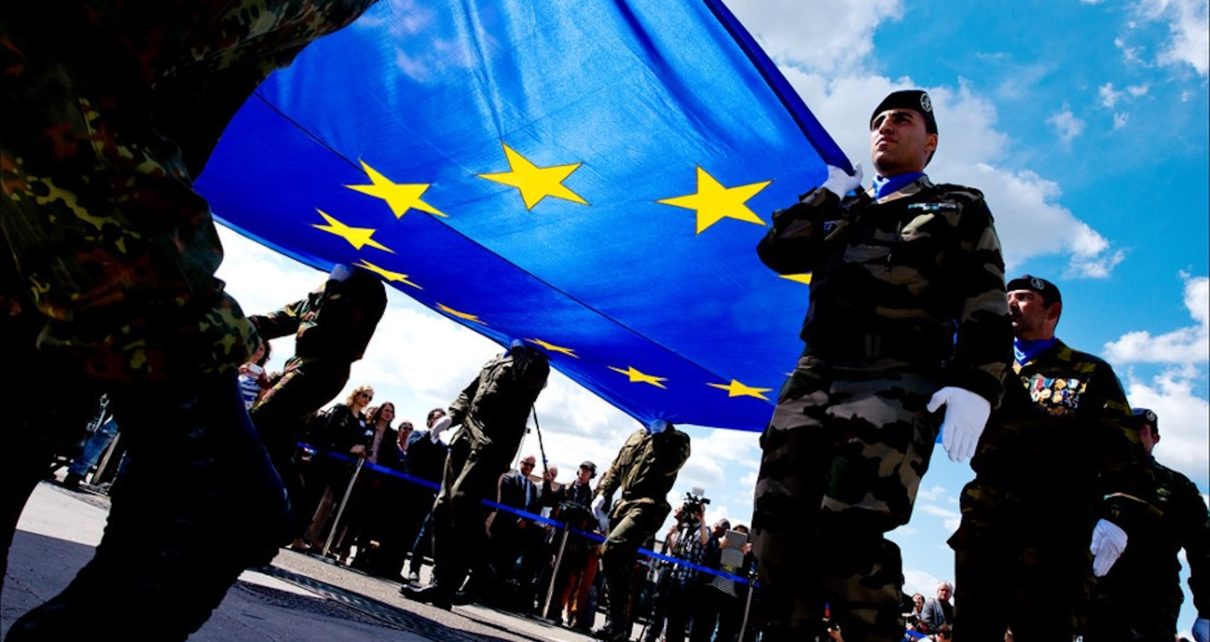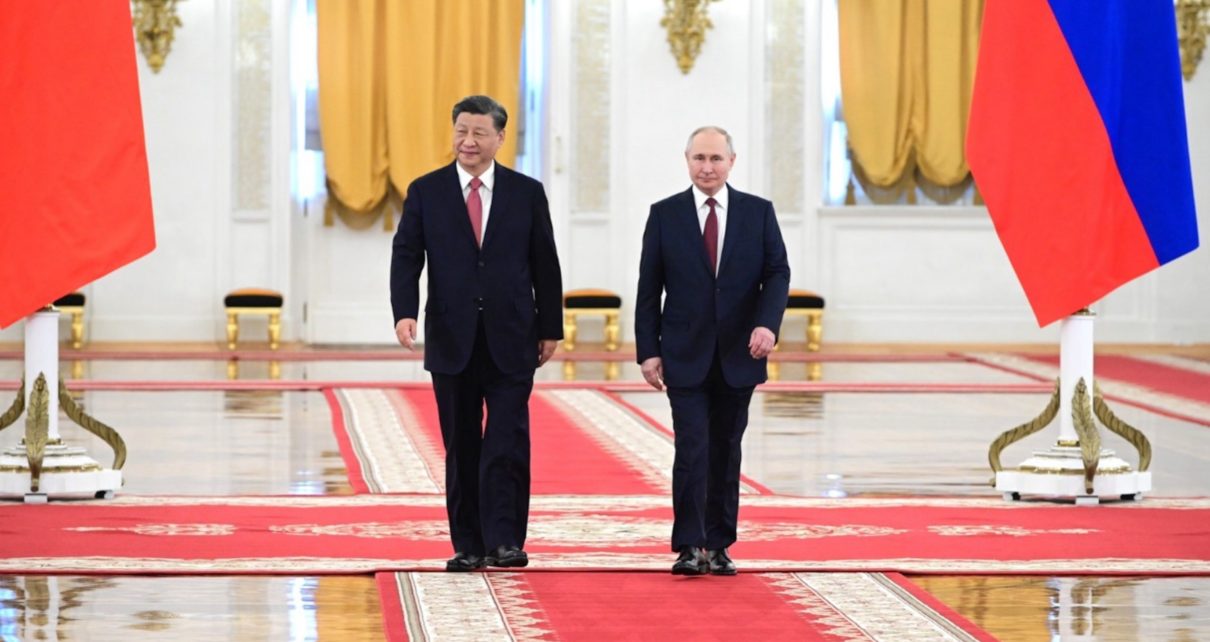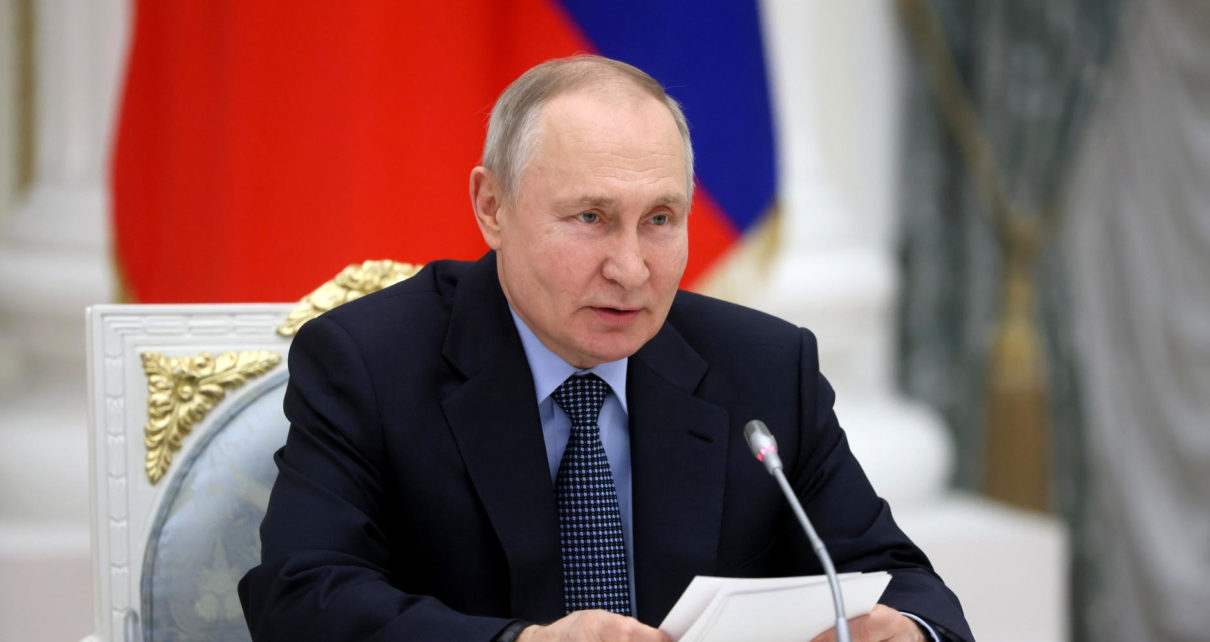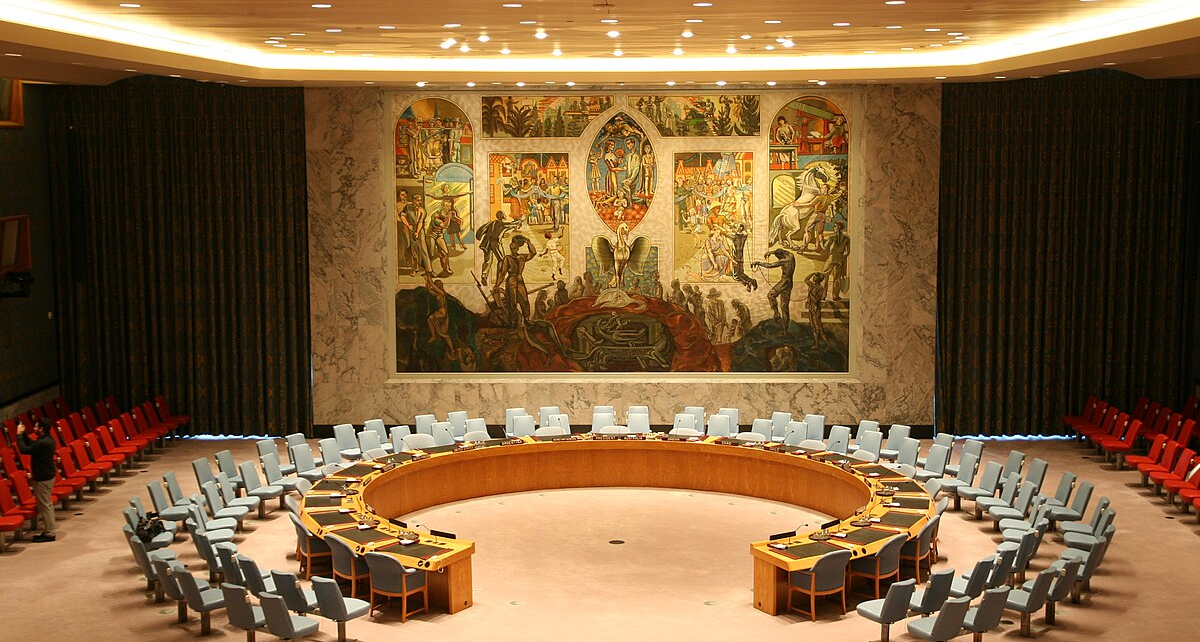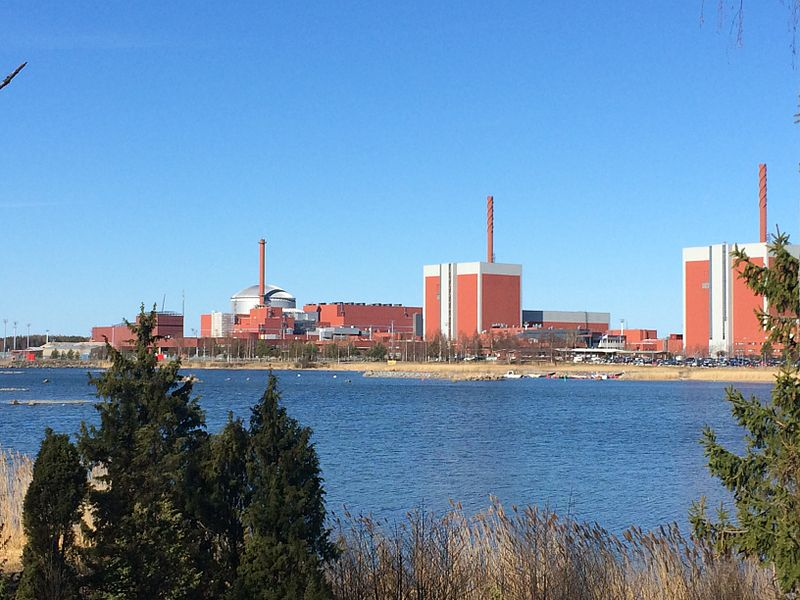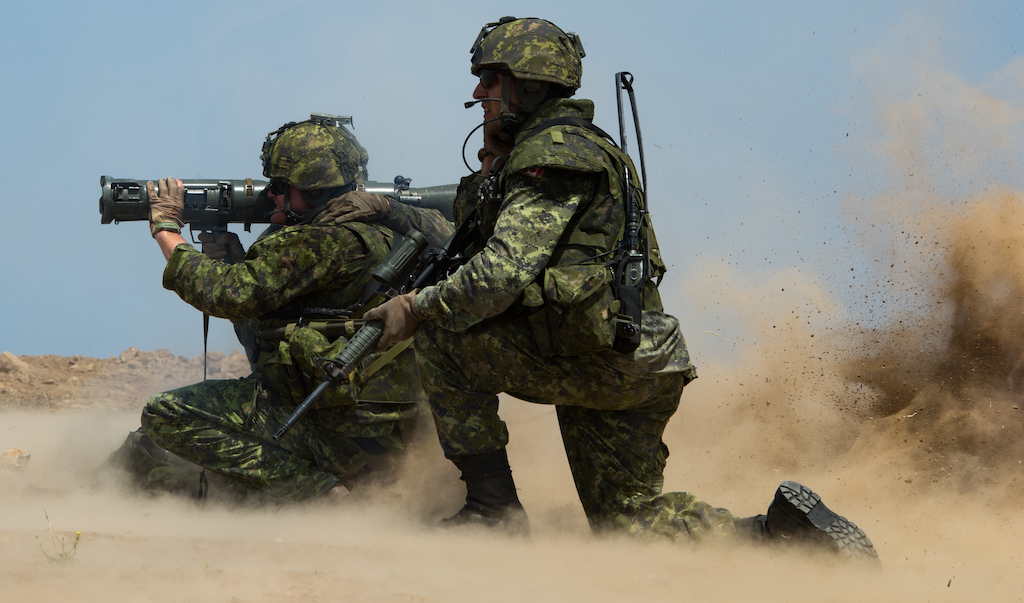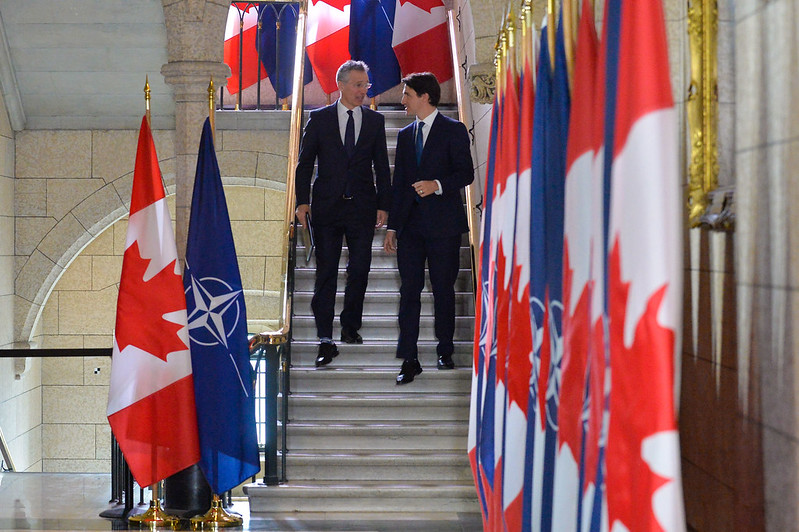Europe faces unprecedented security challenges, and the European Commission is seeking the opportunity to transform its defence-industrial base by creating the European Defence Industrial Strategy (EDIS), pledging €1.5 billion to support this initiative between (2025-2027). Critical procurement vulnerabilities have been exposed since the COVID-19 pandemic, Russia’s invasion of Ukraine, and the potential return of a Trump administration. Addressing these vulnerabilities and diversifying Read More…
5. Authors of the NCC
A list of authors, past and present
Afghanistan: Not Buried Yet
In April of 2021, the United States government announced its withdrawal from what was at the time the Islamic Republic of Afghanistan. Twenty years of combat, 3609 dead NATO troops, and trillions of dollars later, Allied forces withdrew, and left the country vulnerable for the Taliban to seize control once again, like they had thirty Read More…
Navigating BRICS Expansion with an Eye to China and Russia: A Strategic Perspective
BRICS, the hitherto five-state grouping of emerging countries that, until now, included Brazil, Russia, India, China and South Africa, expanded in early 2024. This enlargement doubled BRICS’ membership to include authoritarian members Egypt, Ethiopia, Iran, Saudi Arabia, and the United Arab Emirates (UAE), but with Argentina desisting from joining after the election of President Milei. This is the first BRICS Read More…
Forever Putin? The Greater Implications of Russia’s Election Results.
A fifth term secured in power. Another six years claimed as the country’s head of state. On track to becoming the Kremlin’s longest serving leader since Soviet dictator Joseph Stalin. Welcome to the world of Mr. Vladimir Putin. Last month, Russia held its eighth presidential election, although it was predetermined who would emerge victorious. Yet, Read More…
Special Report: From Operation Al-Aqsa Flood to Swords of Iron and Beyond
Israel & The Middle East Before October 7, 2023 Israel is “likely” to normalize ties with Saudi Arabia in a deal that will “change the Middle East forever” and create “a corridor of energy pipelines, rail lines, fiber optic cables, between Asia through Saudi Arabia, Jordan, Israel, and the United Arab Emirates.” Benjamin Netanyahu spoke Read More…
NATO and Energy Security: Changing Times
In the face of the unprovoked Russian invasion of Ukraine, the existing Atlantic energy infrastructure has found its Achilles’ heel, namely a reliance on resources controlled by powers with interests that are inimical to the rules-based international order. According to NATO Secretary-General Jens Stoltenberg, the alliance’s goals in the face of this new crisis have Read More…
How the Canadian Armed Forces Have Responded to Particulate Matter
How have the Canadian Armed Forces (CAF) approached the challenge of particulate matter (PM) and other airborne pollutants? This article assesses some of the CAF’s monitoring and mitigation efforts in the context of a warming planet.
Who is Responsible for Protecting Canada’s Critical Infrastructure: A Conversation with Imraan Bashir
Imraan Bashir is Partner and National Public Sector Cyber Lead at KPMG in Canada. Prior to joining KPMG, Imraan directed the policy, strategy, implementation, and oversight of Government of Canada enterprise-wide cyber initiatives, including leadership of key programs such as cloud security and digital identity. Imraan was named one of the world’s top 100 most Read More…
Battling Canadian Food Insecurity with Fermentation
In this article, Mia Kruger highlights new technology that battles food insecurity and provides a look into the impact this could have on Canadian society.
Canada, NATO, and Burden Sharing: An Editorial Introduction
Burden sharing and NATO’s two per cent pledge are contentious topics in Canada and across the alliance. This essay introduces a series of articles on the subject from Anessa Kimball, Elliot Hughes, and Benjamin Zyla.

